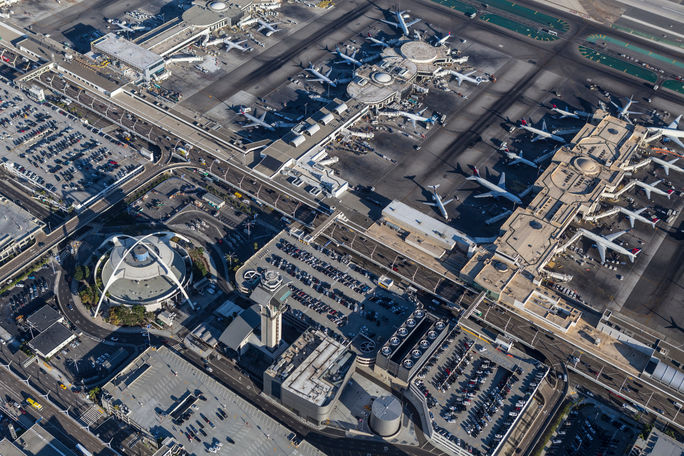
by Mia Taylor
Last updated: 6:00 PM ET, Wed May 29, 2024
With new rules set to go into effect in October requiring airlines to automatically provide cash refunds to passengers when flights are canceled or significantly delayed, at least one industry expert is predicting a spate of consumer confusion this summer leading up to the new measure��s implementation.
During an interview with TravelPulse, PwC��s airlines and travel lead, Jonathan Kletzel said consumers are likely to begin expecting those refunds as they embark on travel over the coming months.
��I think we��ll see some passengers who are confused this summer, demanding full refunds even before these things are implemented,�� Kletzel said. ��That��s the biggest potential challenge, passengers who are demanding refunds.��
��There may be some passengers who saw this in the news and want money back this summer,�� he said. ��Which could cause a tense situation.��
In April, the Biden Administration and the Department of Transportation (DOT) announced the new refund requirements, indicating that airlines would be automatically required to provide cash refunds not only in cases of flight cancellations and significant delays, but also when checked bags are significantly delayed, or the airline fails to provide any extra services a passenger purchased.
The new rules will take effect on October 28 and DOT estimates they will save American travelers more
than $500 million annually.

Stressed out traveler at the airport. (Photo Credit: kieferpix/Adobe)
Kletzel said during a discussion with TravelPulse that requiring airlines to provide cash refunds instead of vouchers (as had been done in the past) has the potential to cause cash flow issues for airlines.
"The biggest impact for the airlines is going to be financial," he explained. "It��s one thing to give credits��but now you have to give back cash, so it may cause a cash flow problem."
Kletzel was quick to add however, that the financial impact to airlines would "not be material," unless there's a significant flight disruption such as a tech meltdown or a major weather-related disruption, triggering hundreds of required refunds, if not more.
"In those types of cases we might see little spurts of material impact," Kletzel said. "But our current analysis indicates that unless there's a significant disruption that causes an outsize number of cancellations, it shouldn't have a major impact."
The new DOT measure also requires that passenger refunds be automated by the airline, in order to streamline the process and prevent delays. This requirement may take some time for the airlines to implement.
��They need to prepare their systems to handle all of these things,�� continued Kletzel.

Aerial view of Los Angeles International Airport. (Photo Credit: trekandphoto/Adobe)
In addition to preparing their own systems to automatically issue refunds when due, Kletzel said it��s important that airlines prepare the public, helping to set expectations surrounding when refunds will actually begin to be available.
��It behooves the airlines to be proactive and communicate or remind passengers what the current rules are,�� said Kletzel.
As for passengers, Kletzel advised reading an airline��s current policies surrounding refunds and delays in order to fully understand what's available before embarking on any upcoming travels.
And one last summer travel tip for consumers whose flights may be impacted in advance of the new DOT rules: Remember that gate agents are not the people who can issue refunds.
��They are primarily trying to get the aircraft out on time, they��re not people to demand a lot from. They��re not empowered to offer refunds,�� said Kletzel. ��Calling or writing an email, or going to a customer service counter at the airport is the best way to deal with financial requests.��
For the latest travel news, updates and deals, subscribe to the daily TravelPulse newsletter.
Topics From This Article to Explore